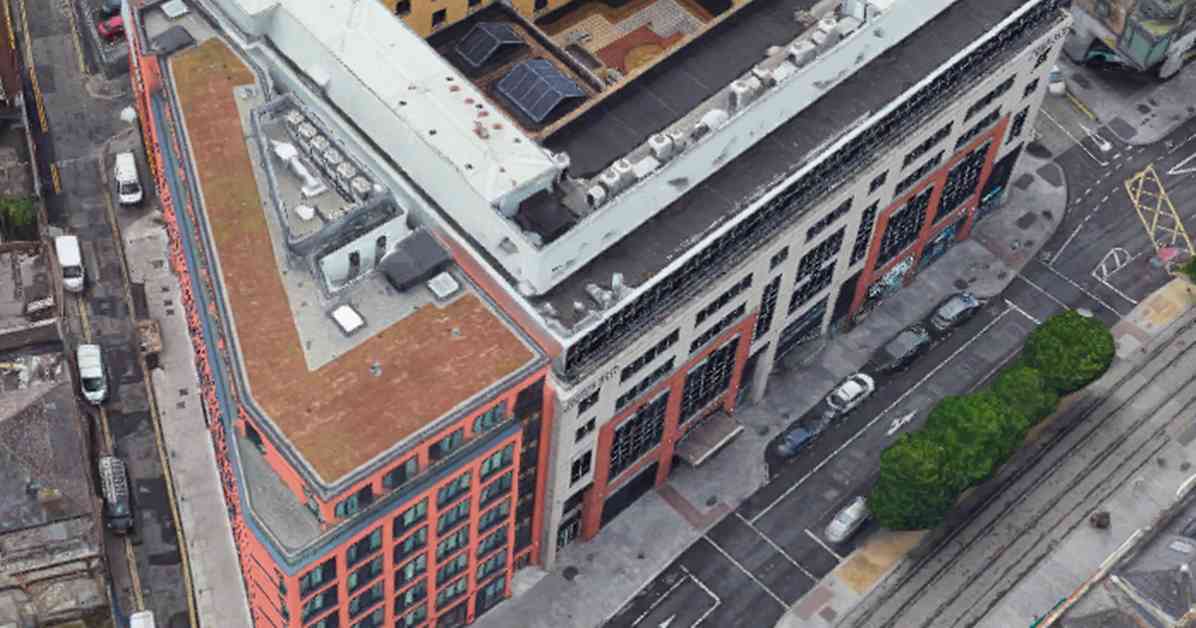A building on Parnell Street in Dublin City that was being considered for housing international protection applicants has hit a roadblock in its development process. Despite the refusal of an exemption, the building can still potentially be used for accommodation. The application, seeking a Section 5 exemption, raised concerns among planners due to several discrepancies within the proposal.
The proposed site, a part of Parnell Plaza, aimed to offer 56 sleeping accommodation rooms, with 31 designated for women. Additional facilities included a communal kitchen area, Manager’s Security Office, bin storage area, bathrooms, communal recreational spaces, women’s kitchen, and a women’s dining area. However, the application lacked crucial evidence of a contract between the applicant and the Minister for Children, Equality, Disability, Integration, and Youth.
Furthermore, there was a lack of clarity regarding whether the site had previously transitioned from retail to a family entertainment center. The planning assessment highlighted these issues, stating that the applicant failed to demonstrate that the change of use complied with relevant regulations. As a result, the development was deemed to contravene specific provisions, leading to the denial of the exemption for accommodation purposes.
Expert Insights on Planning and Development Regulations
Expert Commentary on Exemption Denial
A seasoned urban planner, Maria Reynolds, shared her insights on the challenges faced by developers in obtaining exemptions for accommodation projects in Dublin City. She emphasized the importance of thorough documentation and adherence to regulatory requirements to avoid setbacks in the planning process. Reynolds noted that clear communication and collaboration with local authorities are essential for ensuring compliance with planning and development regulations.
Impact on Asylum Seekers and Housing Options
The denial of the exemption for the accommodation project on Parnell Street raises concerns about the availability of suitable housing options for international protection applicants in Dublin City. Asylum seekers often face challenges in accessing safe and adequate accommodation, highlighting the need for sustainable solutions to address housing shortages and support vulnerable populations. Community organizations and advocacy groups play a crucial role in advocating for inclusive housing policies and promoting social integration for asylum seekers.
As Dublin City continues to grapple with housing issues and urban development challenges, the decision regarding the exemption for the accommodation project on Parnell Street underscores the complexities of navigating planning regulations and meeting the diverse needs of the community. By engaging in transparent dialogue and collaborative planning efforts, stakeholders can work towards creating inclusive and supportive environments for all residents, including asylum seekers seeking refuge and stability.
The denial of the exemption for the accommodation project on Parnell Street highlights the intricate process of securing approvals for development initiatives in Dublin City. As developers and planners navigate regulatory requirements and address discrepancies in proposals, the importance of transparency, accountability, and community engagement remains paramount in shaping sustainable urban landscapes and fostering inclusivity for all residents. By fostering partnerships and promoting dialogue among stakeholders, cities like Dublin can strive towards creating equitable and vibrant spaces that cater to the diverse needs of their populations.












